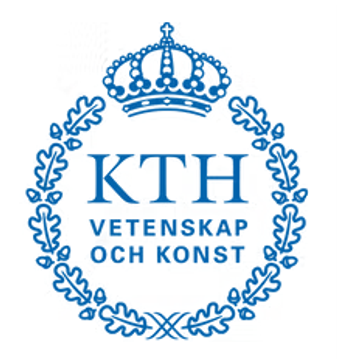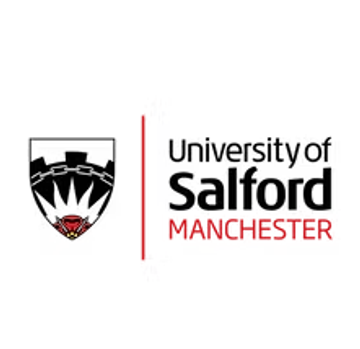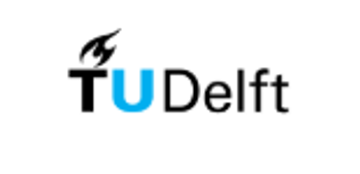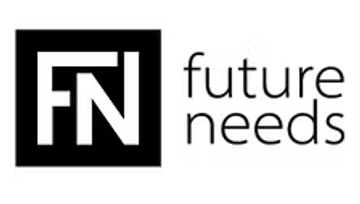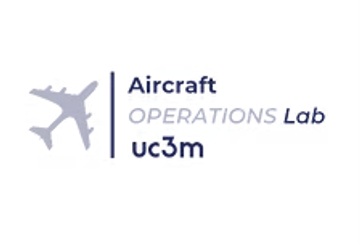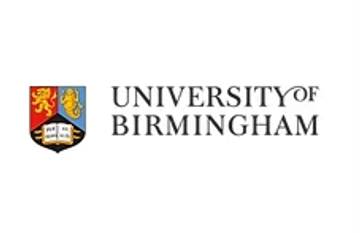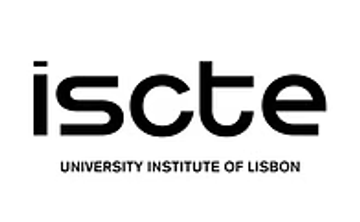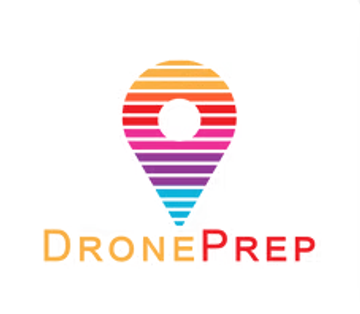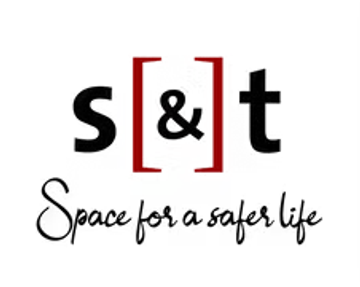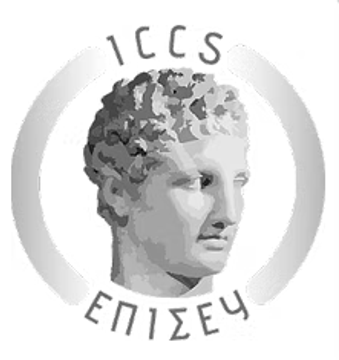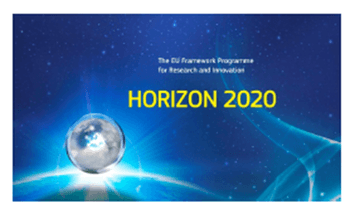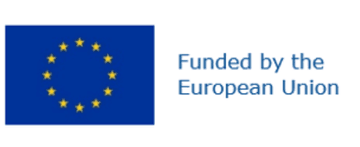RefMap
Reducing Environmental Footprint through transformative Multi-scale Aviation Planning
Provider: HORIZON Research and Innovation Programme under Grant Agreement number 101096698
Duration: 02/2023 – 01/2026
Project Webpage: https://www.refmap.eu/
Description:
The mission of RefMap is to develop a digital service aimed at quantifying the environmental footprints of air mobility for airliners and unmanned aircraft systems (UAS) at a "multi-scale" level, where single-trajectories (micro) and the flow traffic of multiple vehicles (macro) are optimised to minimise their environmental impact in a wide range of communities. RefMap investigates how the aviation business models will be affected by the availability of environmental data for each type and route of air vehicle, as this will enable stricter evidence-based Green policy making in the sector. This will be achieved via the development of the RefMap analytics platform processing environmental and weather data such as wind, noise, CO2 and non-CO2 emissions for both U-space and ATM. This platform will rely on a number of technical solutions, including numerical simulation, predictive models, and deep-learning methods. The latter will be used to construct accurate non-intrusive prediction frameworks and to optimize the trajectories of the various vehicles given the predicted flow conditions via deep reinforcement learning (DRL). These will enable the development of a new aviation business models aligned with EU’s Green Agenda.
AgentFly Technologies Role:
In the REFMAP project, AgentFly Technologies (AFT) plays a central role in developing simulation and optimization tools aimed at reducing the environmental footprint of aviation. AFT is responsible for expanding flight dynamics models for both commercial aircraft and drones, enabling realistic simulation of emissions and noise. It leads the development of a large-scale, high-fidelity air traffic simulation framework that integrates environmental models such as airflow, emission dispersion, and noise propagation. This framework supports advanced trajectory optimization and allows for assessment of environmental and operational impacts at both individual and network levels. AFT also contributes to the integration of these models with decision-support tools, helps optimize drone and aircraft trajectories using reinforcement learning, and improves the performance of deep learning models used in flow prediction. Through its contributions, AFT enables environmentally efficient and resilient air traffic management and supports the practical deployment of sustainable aviation technologies.


